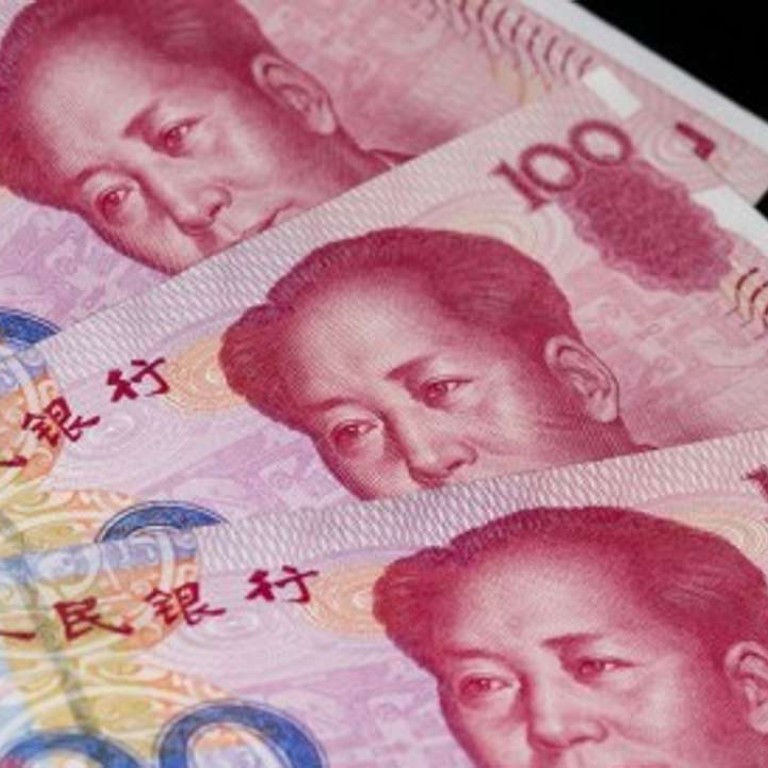
Brexit, Fed, negative rates may slow opening up of China’s financial markets to foreign investors, says nation’s interbank market chief
Fresh uncertainties stemming from Britain’s possible exit from the EU, negative interest rates in Japan and Europe as well as the Federal Reserve’s next decisions on interest rates are complicating China’s moves to open up its financial markets to foreign investors amid fears over future turbulence in the global economy, according to the official in charge of China’s interbank bond market.
China won’t alter the direction of its policy to open up domestic financial markets, but the speed of the process may slow, said Xie Duo, the secretary general of National Association of Financial Market Institutional Investors. The agency manages the 50-trillion yuan (HK$59 trillion) market for the People’s Bank of China.
His comments shed light on the dilemma facing China’s government.
On one hand, it wants to make the yuan a global reserve currency to even challenge the US dollar far in the far future, but China’s policymakers also fear possible financial turbulence if they prematurely free up its financial markets.
We can’t open up the markets without any conditions ... we shouldn’t rush
“What we had thought would not happen are all happening, whether Britain will leave EU, whether the euro still has a future … and what will happen to exchange rates if the Fed raises interests in the second half of this year,” said Xie said in a speech on Thursday night in Beijing. “We must prevent the spreading of such international risks into domestic markets.”
China will open up its onshore capital markets “as patiently as making a bowl of good soup”, he said. “We can’t open up the markets without any conditions … even other countries are hoping to see a greater role for the yuan as a reserve currency. We shouldn’t rush,” he said.
An intensified sense of caution is spreading across China’s financial sector after Beijing witnessed a slew of financial turmoil from volatility in the yuan exchange rate to a slump in stock market prices.
Some analysts have argued that the increased risk aversion among Chinese decisionmakers could postpone China’s capital account liberalisation process.
The yuan will officially become a component currency of the Special Drawing Rights, an accounting unit at the International Monetary Fund, in October to gain a nominal international reserve currency status along with the US dollar, the euro, the pound and the yen.
However, foreign involvement in China’s interbank market is still limited.
The 325 foreign investors, out of a total number of over 10,000 players, hold just 1.3 per cent of total bonds in the market. The outstanding amount of so-called Panda Bonds, or yuan bonds issued by foreign institutions in the onshore market, was just 21.1 billion yuan at the end of March.
Xie, who has worked at the central bank for two decades, said China was not in a hurry to open up the market to the outside world.
“If we allow an American business to issue bonds [in the onshore market], say Microsoft or Facebook … it’s an open question whether domestic investors can clearly recognise associated risks,” he said. “Or if we allow an emerging market to sell bonds … if the country’s currency value starts to swing greatly, what should we do?”
The fundamental way to make the yuan a true international reserve currency was “supply-side reforms” instead of “financial manoeuvres”, said Xie, and international investors would also “gradually increase yuan holdings with reason and sense”.
“It will take a long period of time before China can have a powerful global currency… the period may be much longer than people’s general expectations,” said Xie. “We must be tenacious and shouldn’t be influenced by excessive optimism.”

